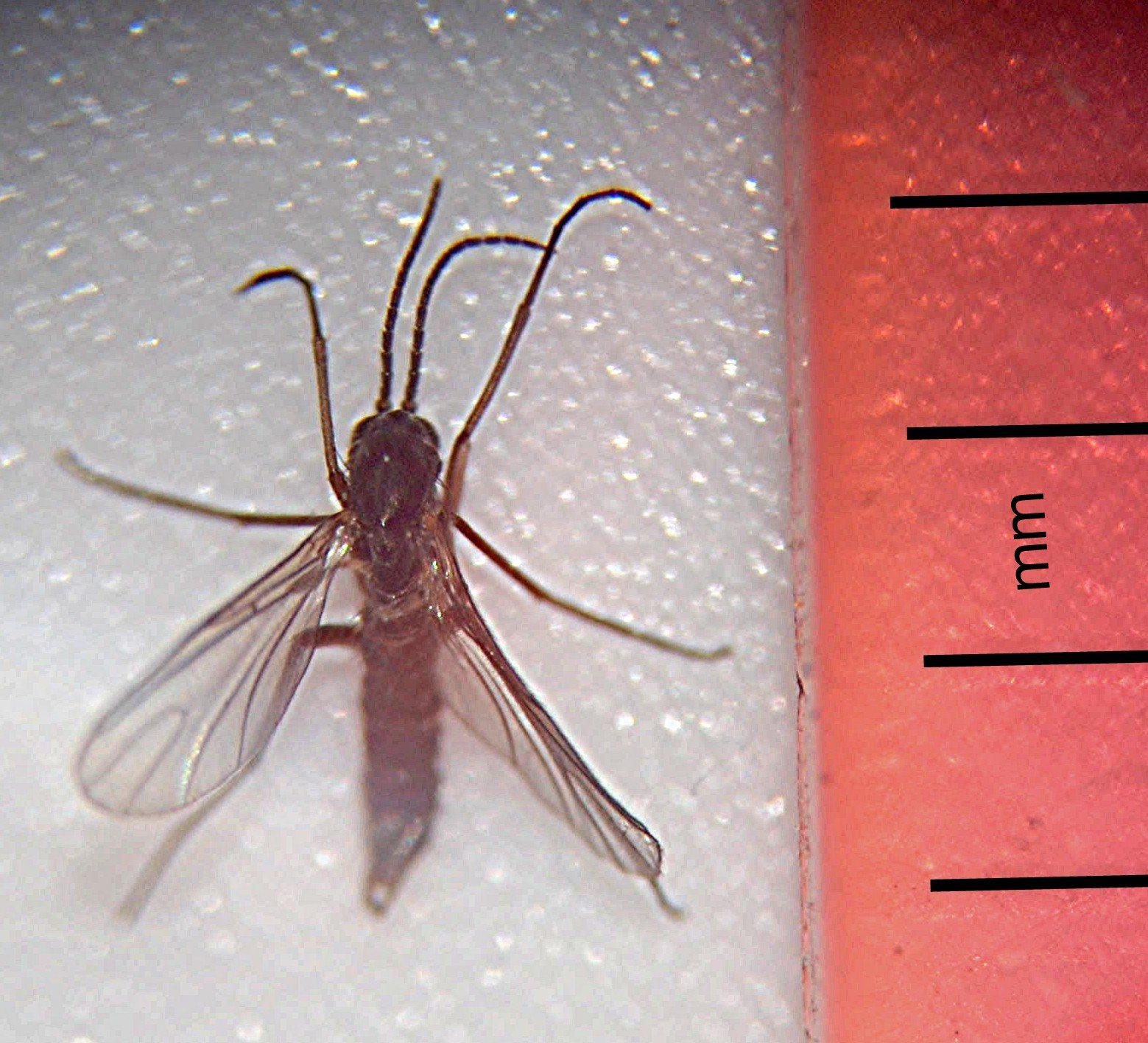The importance of eating local
/Spring has officially been here in the mid-Atlantic region for almost two months now (though Mother Nature just got the memo a few weeks ago), and we are finally able to enjoy spring things: being outside more, gardening, mowing the grass, not having to dress in 10 layers of clothing. One of the things I love most about spring -- that is besides not having to shovel snow -- is being able to buy fresh food and flowers from my local farmer’s market. Sometimes we get a little more ambitious and make it out to a nearby farm to stock up, but for the week-to-week supplies, we make the extra effort to shop outside of the big box stores by strolling the aisles of the local markets.
It was after the interview I did with LoniMcCollin, a clinical herbalist and nutritionist at Knowles Apothecary in Kensington, MD (see my Jan 24, 2014 post on the Body Burden) that I was reminded of why it is so important to eat locally grown fruits and vegetables. One of the reasons Loni mentioned was that eating locally also means eating seasonally. When you eat fruits and vegetables that are in season, there is less of a need for the farmers who grow those crops to use pesticides on them. Locally produced and distributed fruits and vegetables are growing at a time when they would normally grow, and consequently, farmers don’t have to over-protect them. There are many other good reasons to eat locally. Six of them are the topics of this post:
1. Local foods are less likely to be contaminated with toxins.
Mass food production and its long-distance transport also go along with a number of other necessary practices that can compromise the safety of your food supply. Washing, handling, harvesting, shipping, and packaging for mass distribution are all practices that increase the chances your food will be contaminated by a virus or pathogen that can make you sick or even kill you. The problem has become serious enough that this past January, the US Food and Drug Administration (FDA) proposed a rule that would establish new criteria for more sanitary transportation practices and require many shippers, receivers, and carriers who transport food by land to take extra steps to prevent the contamination of food during transport. In summer, the number of foodborne illnesses peaks dramatically, since the bacterial microorganisms that cause these illnesses multiply more rapidly in warmer weather.
2. Help the local economy and support local jobs
It is no secret that eating locally-grown food helps to sustain local economies. As Barbara Kingsolver noted in her 2007 book about “good food”, Animal, Vegetable, Miracle: a Year of Food Life, the fastest growing segment of the food economy in the United States consists of the triad – organic farmers, farmers’ markets, and the small food producers who grow just outside of the urban areas. Buying locally grown foods also creates jobs for food growers and workers in local food processing and distribution centers. Money you spend in local economies tends to stay in local economies, boosting not only farmers’ incomes, but also those of local businesses that are directly and indirectly connected to those farmers.
3. Locally grown food tastes better and fresher and you retain more of the nutrients in fruits and veggies
It’s no secret to anyone who has grown their own fruits or vegetables that they simply taste better when you eat them freshly picked from the vine. It’s also no secret to anyone who has eaten a fruit or vegetable at a time of year when, locally, it would be out of season, that it tastes bland, bitter, or just generally inferior. Transporting fruits and vegetables in refrigerated vehicles thousands of miles to your grocery store not only requires the consumption of enormous amounts of fuel each year, it results in a lower quality of food product. This is true not just about the taste of the food, but also about its nutritional value. Although taste and nutrients are the results of complex phytochemical processes, we know that produce that has been transported great distances loses a great deal of nutrients (incidentally, flash freezing produce is a great alternative if you are unable to eat local produce, at least nutritionally speaking, since this type of frozen food retains most of its nutrients). In a study of the flavonoid and vitamin C values of locally grown mangoes, Dr. Adrian A. Franke at the Cancer Research Center in Hawaii found that local mangoes contained 117% more vitamin C than imported ones, and local Ka’u oranges had 150% more flavonoids than imported naval oranges. Other studies in various locations around the world have demonstrated the same results: locally grown produce retains more of its nutrients than produce that has to be transported great distances.
4. Eating locally develops community networks and helps bring urban dwellers into closer contact with the land
Local farmers do a lot more than grow food. They also help educate and sustain local communities: many hold workshops and classes on topics related to nutrition, food growing, and preparation. Others help feed low-income families and the poor by donating part of their produce to families that are struggling or in crisis, teach low-income families how to grow some of their own food, or have begun to accept food stamps. Others still have been working through the new Local Farms-Healthy Kids Act to connect schools with community farmers. Yet most people know little to nothing about their local farmers. In my February 6, 2014 post (titled “A Cheaper Green?”), I wrote about the ways you could partner with your local farmer or join a CSA (Community-Supported Agriculture) to help slash your food bills by buying in bulk (either alone or teaming up with a friend or neighbor). Many of the posts that you’ll be seeing this summer on the Green and Prosperous blog will be focusing on local farms, and the people who work on them, in various parts of the US and Canada. One thing that talking with local farmers in my own area of metro Washington, DC has taught me is that they are keenly interested in hearing more from (and seeing more of) their neighbors, and above all, in working to educate them about local offerings on the farm, and the importance of eating locally, more generally. Most local farmers find it very hard to earn a decent living from farming, but they do what they do as a labor of love. By substituting the produce that is bought from local farms for at least a small part of the food you consume weekly, you can make a BIG difference in your local economy, and meet some pretty nice and interesting people who know a lot about good food! (And it’s important that you physically GO to the farms; don’t just buy from the 1-2 bins in your grocery that may be marked “local produce” every so often and pat yourself on the back for being a conscientious consumer.) One last thing – farmers are very busy people, so don’t just show up unannounced. Call ahead and be respectful when you arrive. Here’s one handy guide to help you find local organic farms in your area and make your farm visit mutually satisfying: www.localharvest.org/organic-farms/visiting.html.
5. Your kids will learn more about how food is made in a direct, hands-on experience
Ok, full disclosure: if your toddler is anything like mine, she may not care one bit about learning how food is made. In fact, he may be grossed out by things like worms and bugs. Even if that is the case, believe me, kids get something from the experience of visiting a local farm, sitting in a workshop for kids, munching on healthy, freshly picked snacks, and seeing the plants in the ground (and hearing about how you can eat them!). Young kids (and even older ones) get more excited when they can actually see that a seed they planted has sprouted up from the ground, or when they get to harvest something and then eat it (props to you moms and dads who are patient enough to actually let your little ones help prepare the food – this will instill in them a lifetime interest in good eating, even if they do enjoy eating junk from time to time). Yesterday we visited Eco City Farms in Edmonston, MD, and my little daughter (who is totally freaked out by even the tiniest gnat) actually held a worm when another toddler handed it to her, and was not even fazed by it! (for us, this is a HUGE big deal…). Most kids today are disconnected and unaware of where their food comes from (and a lot of grownups, too!), so visiting a farm gives them a real sense of things: they can see, feel, smell, and taste food from plant to pot. And they enjoy seeing the animals, and learning about how they produce the food we eat. Some farms even offer lodging where you can pay to stay. While some of these can be pricey, others are very affordable: under $100 a night. The website FarmStayUS lists over 950 farms, ranches, and vineyards where you can visit and stay. This is especially great for kids growing up in cities where they have little contact with the natural world.
6. You will be exposed to foods you have not been exposed to before
Finally, by eating locally grown produce, you’ll be exposed to foods (or varieties of them) you may not have seen or tried before. Yesterday at Eco City Farms I saw kohlrabi, which I would never have recognized as such. The ones we saw were purple. I have seen, and always avoided, the green variety at some of my local grocery stores. They just always seemed so strange (and this is coming from a person who has eaten buljol and drank mauby, West Indian food and drink that many people find, well, strange and gross). Talking with the local farmers and interns at the farm, though, and with my younger brother (he’s from a small town in Germany and loves this vegetable – incidentally it’s called “German turnip”), now I am keen to try it. And will.
While eating locally is not possible for some people for a variety of reasons (lack of transportation, a short growing season in your area), it should be a supplement for most people. It may not be a cure-all for the problems with big agribusiness, but it can go a long way towards improving our collective health and strengthening our local communities for the long-term.
(If you like what you've read and want to have access to exclusive interviews with local farmers around the US, along with other useful tools, tips, and discounts on my e-books, please subscribe to the mailing list by clicking on the green button below. I promise never to share your information with anyone.)





































